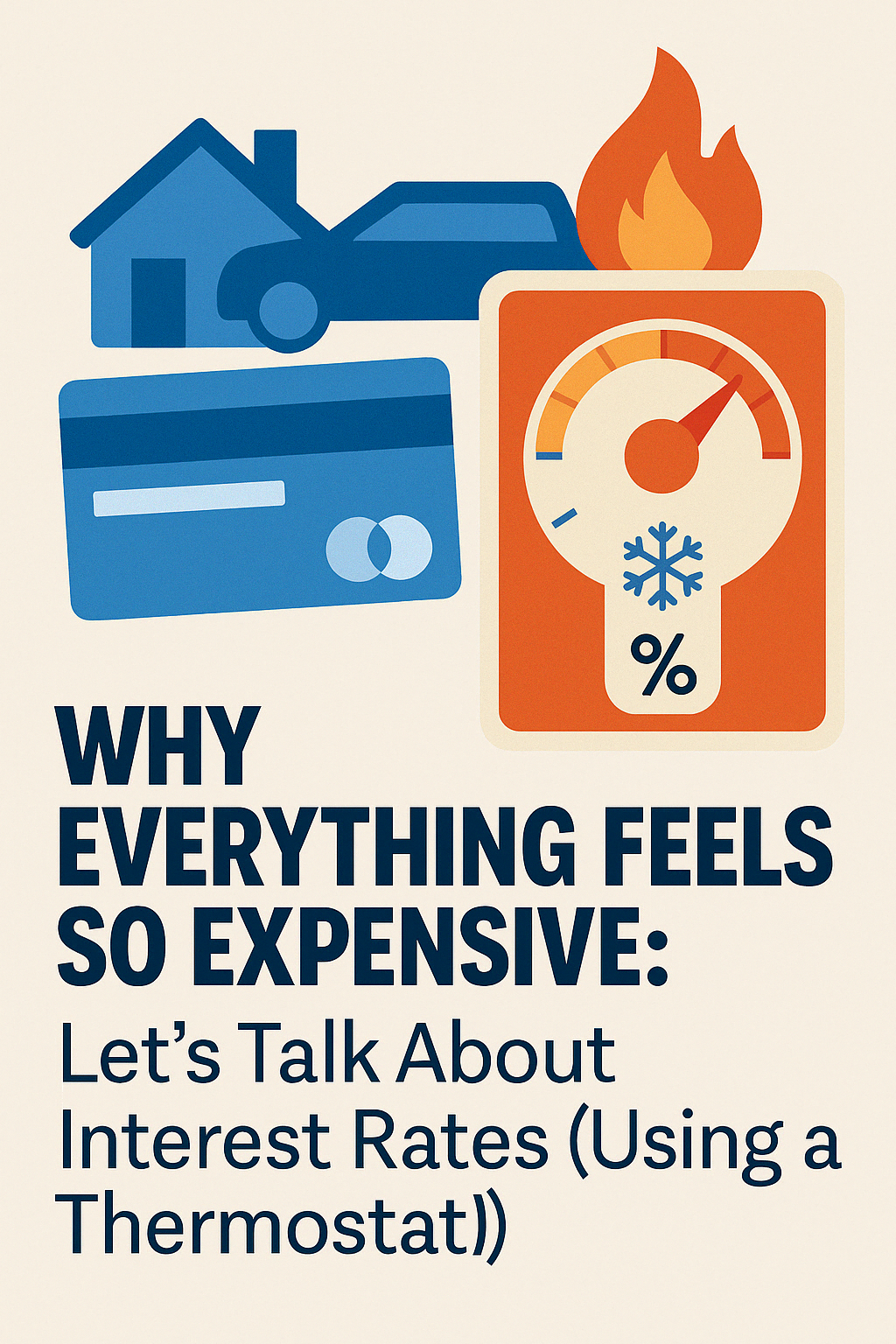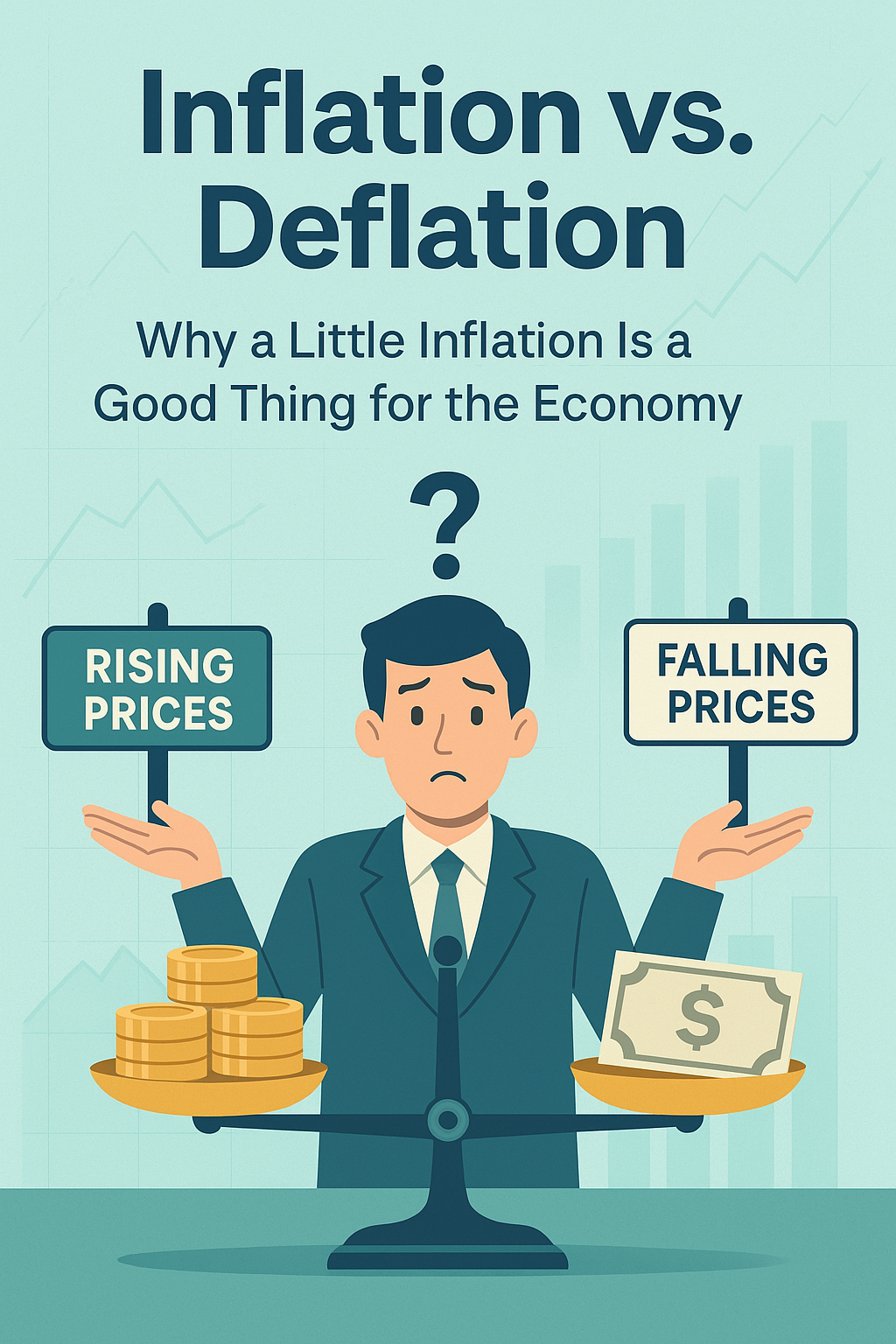Ever feel like you’re working nonstop but still don’t have enough time or money?
You wake up early, rush to work, power through meetings, come home tired… only to do it all again the next day. You earn a paycheck—finally!—and then, almost without thinking, spend that money on stuff that ends up stealing even more of your time.
Yeah. Ouch.
Let’s talk about this sneaky little trap that keeps so many people stuck—and how you can break free with a mindset shift that could change your life (and your wallet).
⏳ Step 1: Understand the Real Currency — Your Time
When you work, you’re not just making money—you’re trading your life energy. That paycheck didn’t just magically appear. It cost you:
- Time away from family
- Commute hours
- Mental energy
- Maybe even your sanity
🔎 Stat Check: The average full-time U.S. worker spends 1,811 hours per year working (OECD, 2023). That’s over 45 full-time workweeks—and doesn’t include commute time.
So when you spend that money, you’re really spending chunks of your life.
Let’s do a quick example:
If you make $25/hour and you buy a $250 pair of headphones, that’s 10 hours of your life—not including taxes. Are those headphones really worth over a day’s work?
🧺 Step 2: Beware the Clutter Tax
The trap doesn’t end at the checkout page. Most stuff we buy comes with hidden fees—and they’re paid in time.
Let’s look at some “time-suckers in disguise”:
- Gadgets: Need charging, software updates, troubleshooting.
- Furniture: Needs cleaning, maintenance, and (sometimes) financing payments.
- Clothes: Take time to organize, wash, fold, or donate later when you realize you never wore them.
🔎 Stat Check: The average American household owns 300,000 items (LA Times), and spends 1 year of their life looking for lost items (The Daily Mail).
We also waste $1,800/year on things we never even use (The Motley Fool).
The more you buy, the more your environment gets cluttered, and the more your mental energy gets drained trying to manage it all. That’s the Clutter Tax—and it’s real.
💡 Step 3: Flip the Script — Buy Back Your Time
Instead of trading time for money and then money for time-wasters, let’s shift the goal to this:
Trade money for freedom, peace, and growth.
Here’s how:
✅ Ask: “Does this give me time or cost me time?”
If it adds hours back to your life (like a service, tool, or resource that helps you), it might be worth it. If it drains your time, skip it.
✅ Prioritize assets, not anchors.
- Assets = Things that appreciate, generate value, or multiply your time (investments, courses, productivity tools).
- Anchors = Things that depreciate, break easily, or add stress (trendy gear, impulse buys, high-maintenance stuff).
✅ Embrace the idea of “enough.”
You don’t need to own everything—you just need the right things. That’s where contentment and clarity live.
🔎 Stat Check: According to a study by the University of British Columbia, people who value time over money are happier, less stressed, and more satisfied with life.
🚀 Final Thoughts: Break the Cycle
If you feel like you’re stuck in a loop, working harder but never feeling like you’re ahead—it might not be your job. It might be your buying habits.
The cycle looks like this:
Trade time → earn money → buy stuff → lose more time → need more money → repeat.
But when you become intentional—when you ask, “Is this worth my time?”—you gain control. And that, my friend, is true wealth.
✨ Call to Action
Start small. This week, before making any non-essential purchase, ask yourself:
“How much of my life is this costing me?”
If the answer doesn’t bring you joy, peace, or freedom—skip it.
Remember, the goal isn’t to be frugal for the sake of saving.
The goal is to spend your money in a way that gives you your time and power back.
Related Articles:
- The Mindset That Defines Success: Victim vs. Overcomer
- A Simple Way to Grow Your Wealth with Index Funds
Financial Disclaimer
The information provided on HelpyYourFinances.com is for general informational purposes only and is not intended to be financial advice. While we strive to ensure the accuracy and reliability of the content, it is important to remember that financial decisions are personal and should be tailored to your individual circumstances.
We strongly recommend that you consult with a qualified financial advisor or other professional before making any financial decisions. The content on this website should not be considered a substitute for professional financial advice, analysis, or recommendations. Any reliance you place on the information provided is strictly at your own risk.



